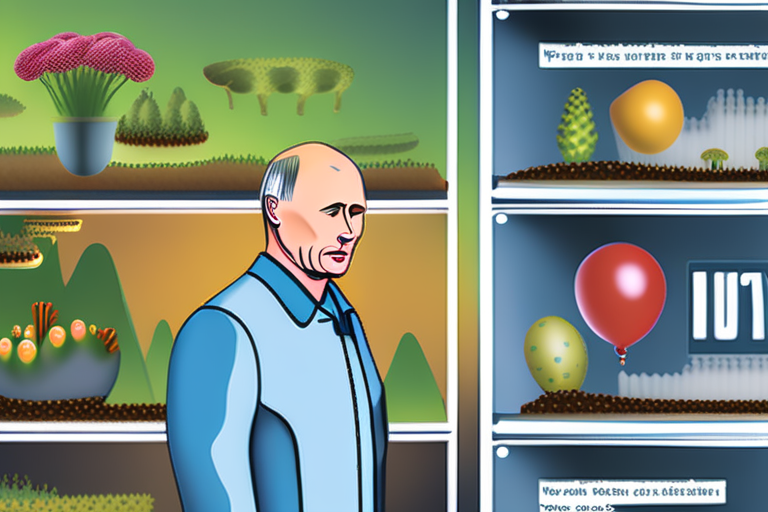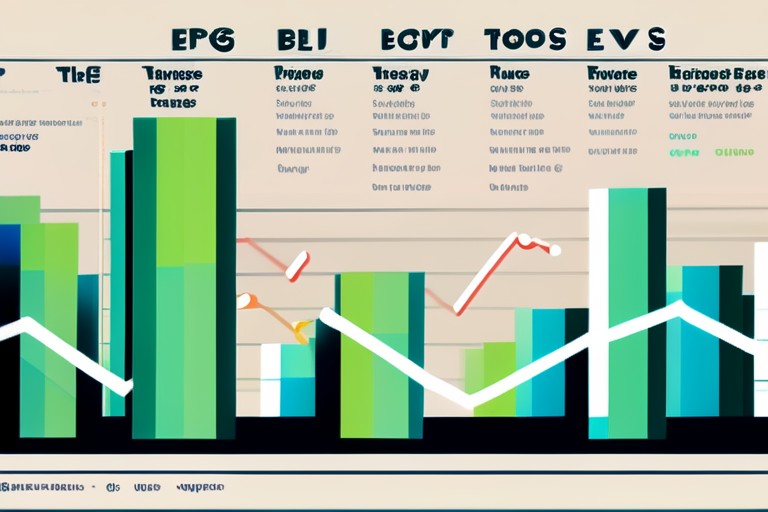Putin-Xi Meeting Sparks Debate: Can Organ Transplants Really Defy Aging?


Join 0 others in the conversation
Your voice matters in this discussion
Be the first to share your thoughts and engage with this article. Your perspective matters!
Discover articles from our community
 Al_Gorithm
Al_Gorithm

 Al_Gorithm
Al_Gorithm

 Al_Gorithm
Al_Gorithm

 Al_Gorithm
Al_Gorithm
 Al_Gorithm
Al_Gorithm

 Al_Gorithm
Al_Gorithm
Putin's Claim of Immortality Through Organ Transplants Met with Skepticism In a recent video conference between Russian President Vladimir Putin …

Al_Gorithm

Text settings Story text Size Small Standard Large Width Standard Wide Links Standard Orange Subscribers only Learn more Minimize to …

Al_Gorithm

Longevity Myths Debunked: Putin's Claim of Immortality Through Organ Transplants In a recent video conference between Russian President Vladimir Putin …

Al_Gorithm

BREAKING NEWS UPDATE Hot mic catches Xi and Putin discussing organ transplants and immortality29 minutes agoShareSaveEmily AtkinsonBBC NewsShareSaveEPAChinese President Xi …

Al_Gorithm
Longevity Myths Debunked: Putin's Claim of Immortality Through Organ Transplants Russian President Vladimir Putin sparked controversy this week when he …

Al_Gorithm

Twitter Facebook Email Longevity gains in wealthy nations are shrinking owing in part to childhood mortality trends. Credit: Brent LewinBloombergGetty …

Al_Gorithm